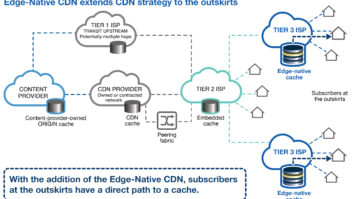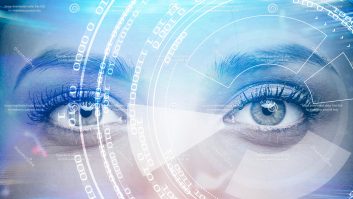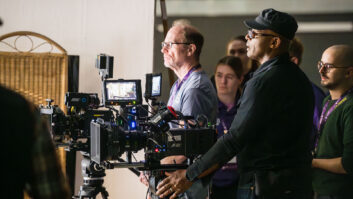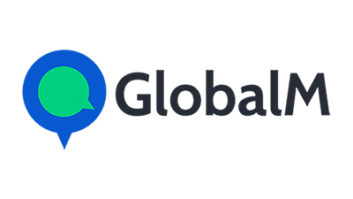Consumers expect the “Internet of Senses” to become a reality by 2030, according to Ericsson’s latest ConsumerLab Hot Consumer Trends report.
The idea involves technology interacting with our senses of sight, sound, taste, smell and touch, enabled by AI, VR/AR, 5G and automation.
The survey of 46 million early technology adopters from 15 cities around the world predicted that over the next decade, screen-based experiences will compete with multisensory ones that will be almost inseparable from reality.
The 10 Hot Consumer Trends for 2030 were as follows:
- Your brain is the user interface – 59 per cent of consumers believe that we will be able to see map routes on VR glasses by simply thinking of a destination
- Sounds like me – 67 per cent believe they will be able to realistically assume anyone’s voice using a microphone
- Any flavour you want – 45 per cent anticipate a device for your mouth that digitally alters the taste of food
- Digital aroma – 60 per cent expect to be able to digitally visit locations and experience their natural smells
- Total touch – 60 per cent expect smartphone screens to convey the shape and texture of digital images
- Merged reality – 70 per cent predict VR game worlds to be indistinguishable from physical reality
- Verified as real – 50 per cent predict the end of “fake news” through the integration of fact checking in news services
- Post-privacy consumers – 50 per cent are “post-privacy consumers” who expect privacy issues to be fully resolved
- Connected sustainability – 60 per cent believe Internet of Senses-based services will make society more environmentally sustainable
- Sensational services – 45 per cent of consumers anticipate digital malls allowing them to use all five senses when shopping
Dr. Michael Björn, head of research agenda at Ericsson Consumer & IndustryLab, and co-author of the report, said: “We often imagine the future as a linear development from today. But we already need to consider what opportunities and challenges a world where all human senses are digitalised will bring.
“For example, it could play a significant role in climate action and carbon footprint reduction. Many activities can be digitalised to reduce their climate impact. You could go to work, go on vacation, and travel the world, all from your home.
“Consumers expect concerns about individual privacy in the Internet of Senses to be addressed by the industry. For example, possible public concern that our senses could be manipulated to purchase items or services. People will expect necessary protections and guarantees to be put in place,” he added.







